Search
Search within
1447 results found
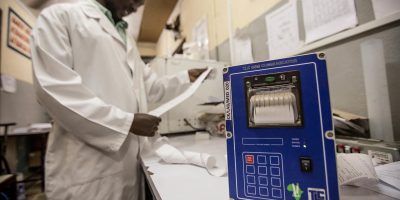
Background report
Understanding Framings and Perceptions of Spillover: Preventing Future Outbreaks of Bat-Borne Zoonoses?
Bats provide many ecosystem services and have intrinsic value. They also act as host reservoirs for some viruses. Several studies have linked zoonotic diseases to bats, raising questions about the risks bats pose, especially to people living close to bat…

Background report
Use of SMS-Based Surveys in the Rapid Response to the Ebola Outbreak in Liberia: Opening Community Dialogue
During an emerging health crisis like the 2014 Ebola outbreak inWest Africa, communicating with communities to learn from them and to provide timely information can be a challenge. Insight into community thinking, however, is crucial for developing appropriate communication content…
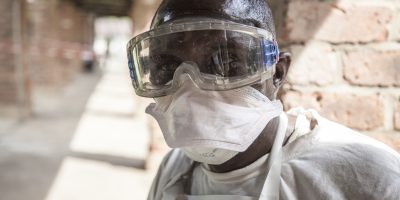
Background report
Views from Many Worlds: Unsettling Categories in Interdisciplinary Research on Endemic Zoonotic Diseases
Interdisciplinary research on zoonotic disease has tended to focus on ‘risk’ of disease transmission as a conceptual common denominator. With reference to endemic zoonoses at the livestock-human interface, we argue for considering a broader sweep of disciplinary insights from anthropology…
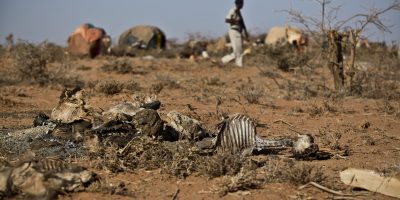
Background report
We Do Not Bury Dead Livestock Like Human Beings: Community Behaviors and Risk of Rift Valley Fever Virus Infection in Baringo County, Kenya
Rift Valley Fever (RVF), is a viral zoonotic disease transmitted by Aedes and Culex mosquitoes. in Kenya, its occurrence is associated with increased rains. in Baringo County, RVF was first reported in 2006-2007 resulting in 85 human cases and 5…
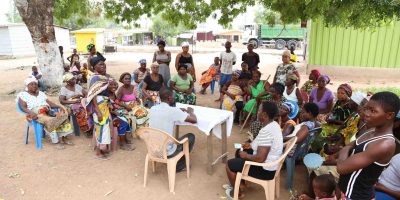
Background report
“We Know Who is Eating the Ebola Money!”: Corruption, the State, and the Ebola Response
Sierra Leonean production of knowledge about Ebola was, in large part, production of knowledge about “who ate the Ebola money.” This article traces people’s responses to the Ebola crisis through a number of different moments, at each point reflecting on…
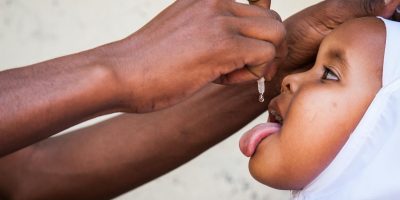
Briefing
Guidance Note 2: Seeking Treatment for Cholera in Somalia and the Somali Region of Ethiopia: Contextual Factors
The purpose of this guidance note is to support UNICEF staff in understanding the contextual factors (the practices, behaviours, social norms and wider factors) that shape risks of cholera transmission, being able to separate the social and cultural factors from…
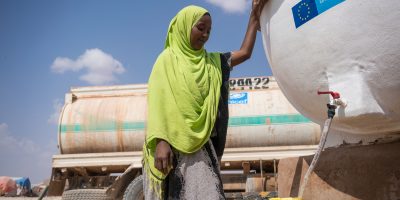
Briefing
Guidance Note 1: Contextual Factors and Risks to Cholera/AWD Transmission in Somalia and the Somali Region of Ethiopia
The purpose of this guidance note is to support UNICEF staff in understanding the contextual factors (the practices, behaviours, social norms and wider factors) that shape risks of cholera transmission, being able to separate the social and cultural factors from…
Book chapter
Taxation, Stateness and Armed Groups: Public Authority and Resource Extraction in Eastern Congo
This contribution analyses the role of taxation in the constitution of authority in the conflict-ridden eastern DRC, where numerous authorities alternately compete and collude over the right to extract resources. Taxation ranges from simple plunder, to protection rackets, to material…
Research paper
‘Living between Two Lions’: Civilian Protection Strategies during Armed Violence in the Eastern Democratic Republic of the Congo
This article examines how civilians assess, negotiate with, and in some cases deceive armed actors in the eastern Democratic Republic of the Congo (DRC). It demonstrates that civilians not only navigate the precarious and unpredictable conditions within armed conflict, but…
Policy document
Land Tenure in South Sudan: Does it Promote Climate Change Resilience?
The authors analyse the South Sudanese Land Act 2009 with respect to its promotion of climate change resilience. Drawing on prior work and primary data, they argue that while the 2009 Land Act does contain clauses intended to promote climate…
Background report
Statebuilding and Legitimacy: Experiences of South Sudan
Using South Sudan as a case, this report interrogates people’s perceptions of the state, focusing on sources of legitimacy that are not primarily related to service delivery. It covers the period from the onset of civil war in 1983 to…
Research paper
Dirty Things: Spiritual Pollution and Life after the Lord’s Resistance Army
Drawing on insights gleaned from ethnographic fieldwork over the last decade, we focus here on targeted research from January to August 2014 with former LRA individuals who were part of a bigger study of clients at an ex-combatant reception centre.…


